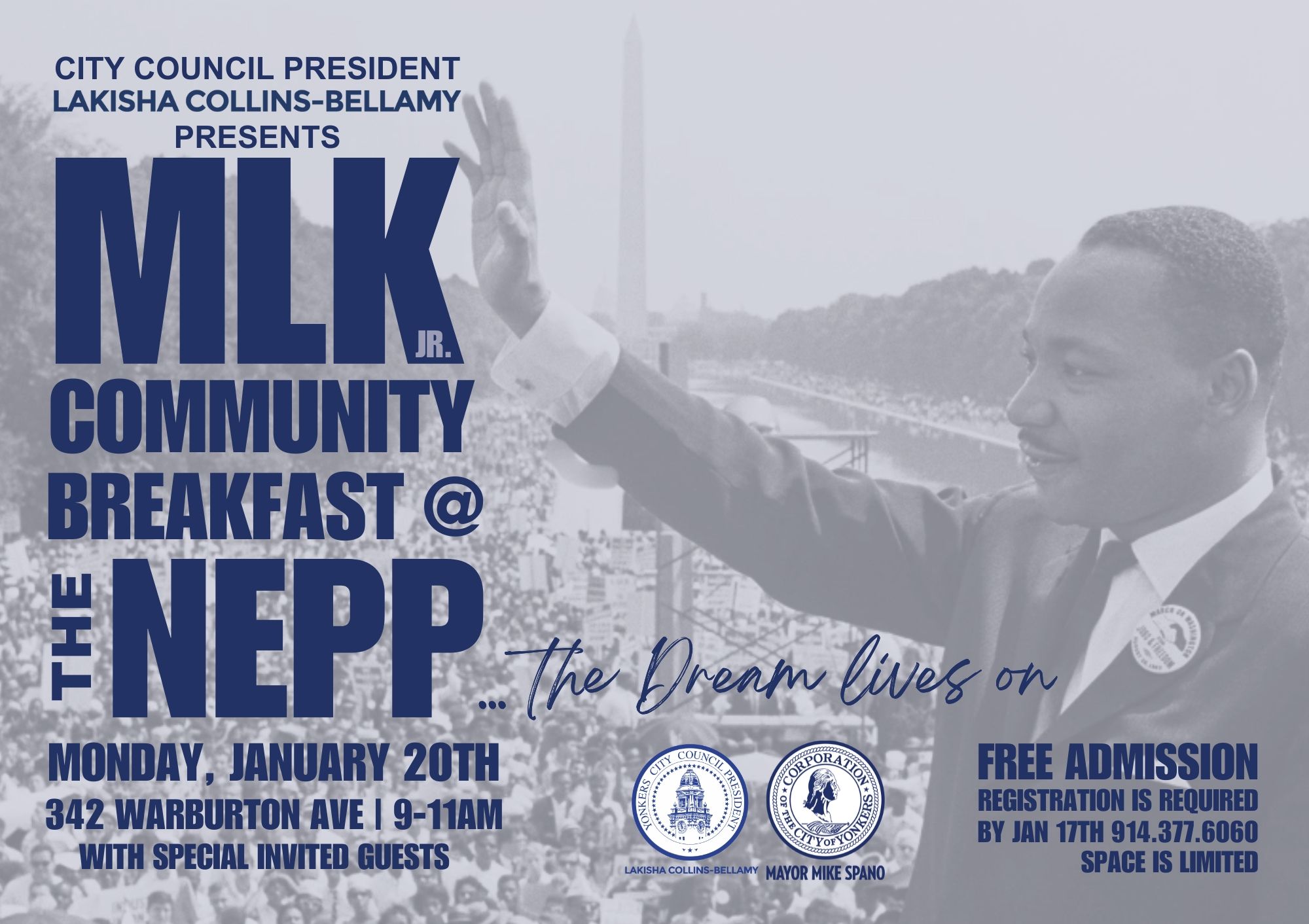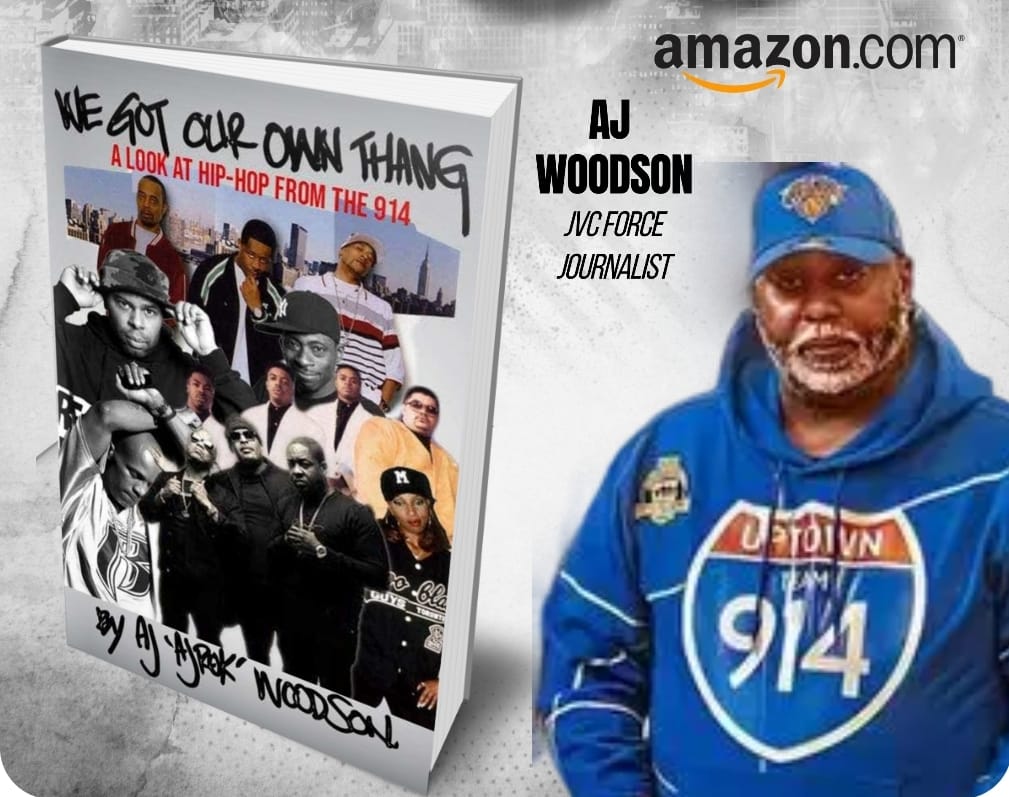The feminist movement in the United States has always been a complex tapestry woven with competing priorities, intersecting identities, and shifting allegiances. White women, as the historical founders of feminism, were pivotal in securing rights for women, from suffrage to workplace equality. Yet, over time, a significant subset of white women has pivoted from the progressive ideals that defined early feminist waves to embrace a return to traditional family values. This ideological shift raises critical questions about the inclusivity of the feminist movement and its consequences for Black women, who remain entrenched in struggles exacerbated by systemic inequities.
Even more troubling, this retreat has fractured alliances and highlighted the underlying tensions in feminist solidarity. Many Black women, influenced by feminist narratives, have been led to see Black men as adversaries rather than allies in the fight against racial injustice. This has deepened divides within Black communities, undermining collective efforts for progress.
The growing disconnect was underscored when Joy Reid of MSNBC took to TikTok to warn white liberal women not to expect Black women to join them if they march on Donald Trump. It is unfortunate that it took our sister so long to realize that the narrative and rhetoric she often delivered on MSNBC contradicted the actual needs of Black people, especially Black men and women. However, it seems the lenses of her liberal feminist perspective have finally been cleared. Reid’s message on TikTok urged Black women to focus instead on saving themselves, prioritizing Black men, and supporting Black businesses and communities—an approach that Black men had been advocating all along, only to have their voices drowned out by the noise of left-wing media. This shift signals a long-overdue reckoning with the true priorities of the Black community.
This call for a shift in focus reveals a growing recognition that the feminist movement, as shaped by white women, no longer serves the needs or addresses the realities of Black women’s lives. It is a rallying cry to redirect energy toward building Black-centered solutions and alliances to confront systemic injustices and foster empowerment within the community.
The Feminist Movement’s White Foundations
The origins of feminism in the U.S. were overwhelmingly white. First-wave feminism, which centered on suffrage and property rights, largely excluded women of color. Second-wave feminism, with its focus on reproductive rights and workplace equality, began to incorporate more intersectional concerns but often fell short of fully addressing the unique oppressions faced by Black women. The mainstream feminist movement was built on a framework that assumed a shared womanhood while ignoring racial disparities, leaving Black women to forge their own paths within the fight for gender and racial equality.
White women’s leadership in feminism was instrumental in securing landmark victories, yet it often failed to extend solidarity to women of color. Black feminists like Bell Hooks and Kimberlé Crenshaw have long critiqued this exclusion, calling attention to how white feminist agendas often centered their own experiences and ignored the compounded challenges of racism and sexism faced by Black women.
The Return to Family Values
The 2024 U.S. presidential election highlighted a significant shift among white women voters. Despite Donald Trump’s controversial remarks about women and policies perceived as hostile to gender equality, 54% of white women cast their ballots for him, an increase from previous elections. Notably, among white women without college degrees, support for Trump surged to 61%, underscoring a continued embrace of traditional family values over feminist solidarity. This voting trend prioritized the nuclear family narrative and economic stability over collective progress.
This pattern echoes the cultural conservatism of the 1970s “family values” movement, which cast feminism as a threat to traditional roles of motherhood and homemaking. Trump’s campaign once again leveraged this legacy, framing his agenda as a defense of motherhood, family, and nation—values that resonated deeply with a significant portion of white women voters. This alignment demonstrates how race and privilege often outweigh gender solidarity, as white women’s votes reflected a commitment to preserving a social order that benefits them racially and economically, even when it conflicts with broader feminist ideals.
Black Women: Feminism’s Forgotten Pillar
While white women retreated to the comforts of traditionalism, Black women remained steadfast on the frontlines of progressive movements. Black women have long been a driving force behind social justice initiatives, from civil rights to reproductive rights, yet their contributions often go unrecognized within mainstream feminist narratives.
The retreat of white women from feminist solidarity has left Black women grappling with compounded challenges. Systemic issues such as mass incarceration, economic disenfranchisement, and healthcare disparities have devastated Black communities, contributing to low marriage rates and fractured family structures. Black women bear the brunt of these realities, often navigating single parenthood and systemic racism without the support structures that white feminism once promised to dismantle.
Even more divisive has been the effect of feminist rhetoric that positions Black men as obstacles rather than allies. Many Black women, persuaded by white feminist narratives, have viewed Black men as the root of their struggles, framing them as patriarchal oppressors rather than co-victims of systemic racism. This misdirection undermines unity within Black communities and diverts attention from the structural forces—mass incarceration, unemployment, and systemic racism—that have long disrupted Black families and relationships.
The Rent, Not Race
The crux of white women’s retreat from liberal feminism lies not in a rejection of racial equality but in an urgent response to economic instability. While Black women often preached independence and embraced the mantra of “I don’t need a man,” influenced by feminist narratives, white women were focused on ensuring their sons would someday become heads of households with wives and families to support. For many white women, the stability of their children’s futures—particularly their sons—has been a central concern. They view financial security as essential to fulfilling these traditional roles, reflecting the societal structures they grew up with and still value.
This divergence in priorities is deeply rooted in lived experiences. Many Black women grew up without a strong male presence in the household or a consistent father figure, leading to different perceptions of family dynamics and independence. Without witnessing traditional male roles in the home, Black women often did not share the same vision of male leadership that many white women sought to preserve for their sons. Instead, Black women were influenced by a combination of necessity and cultural narrative, prioritizing self-reliance and independence as tools for survival in a system that frequently failed their families.
The independence Black women thought they were building alongside white women, in solidarity against patriarchal structures, was, in reality, a divergence in both experiences and objectives. As Black women celebrated self-reliance, they were unaware that many white women were simultaneously reinforcing traditional gender roles within their own families, particularly for their sons. This misalignment has left Black women grappling with systemic inequities and fractured alliances, navigating a reality starkly different from the solidarity they once believed they shared.
A Manufactured Divide
The tension between Black men and women, exacerbated by certain feminist narratives, is not an organic consequence of their lived experiences but a manufactured divide that overlooks the unique racial dynamics shaping their relationships. Feminism, as conceptualized in many mainstream discourses, has often failed to account for the intersection of race and gender, leading to narratives that inadvertently pit Black men and women against one another.
By framing gender as a struggle against men broadly, rather than examining how systemic forces distinctly affect different racial groups, white-centric feminism has encouraged Black women to adopt adversarial stances toward Black men. This framing, however, neglects the historical and ongoing realities of shared oppression that both Black men and women face under systemic racism.
This division became glaring during the most recent election, where the unfortunate narrative that Black men were at odds with the Democratic platform or policies gained significant traction. Despite Black men’s historic and overwhelming support for the Democratic Party, any critique they voiced about Democratic strategies or policies was frequently dismissed as misogynistic or indicative of hatred toward Black women. Such characterizations have not only deepened mistrust between Black men and women but also given cover to a toxic strand of Black feminism that weaponizes gender conflicts to dismiss legitimate concerns raised by Black men.
This toxic form of Black feminism often amplifies the most damaging stereotypes about Black men, painting them as inherently antagonistic, oppressive, or politically regressive. It creates a harmful binary where Black women’s alignment with feminist ideologies that center whiteness is seen as progress, while Black men’s critiques are demonized as backward or even harmful. This binary has fueled divisions, distracting both groups from addressing the systemic forces that oppress them collectively.
For Black women, engaging in a feminism that marginalizes the nuances of Black lived experiences has sometimes meant prioritizing gender solidarity over racial solidarity. This approach ignores the ways in which Black men and women are both impacted by institutionalized racism, poverty, mass incarceration, and educational inequities. For Black men, the dismissal of their perspectives as inherently misogynistic fosters feelings of alienation and resentment. This cycle perpetuates mistrust, impeding unified efforts to tackle shared struggles and undermining collective advocacy for racial justice.
The historical roots of feminism often overlooked the unique challenges faced by Black women, who simultaneously navigate the dual oppressions of sexism and racism. By failing to center these intersections, feminism has at times fostered divisive ideologies that do not align with the lived realities of Black communities, where survival often depends on unity rather than division.
This polarization within Black male-female relationships has broader implications, creating fractures in personal partnerships, familial structures, and community organizing efforts. Instead of being allies in the fight against structural inequities, Black men and women are often drawn into cycles of blame and defensiveness. This dynamic reinforces toxic stereotypes and serves white supremacist ideologies by undermining the collective power of Black communities.
To address these challenges, there must be a deliberate effort to confront the toxic narratives embedded in certain strands of feminism and their divisive impact on Black relationships. A reimagined framework of feminism and political engagement is needed—one that genuinely centers intersectionality and acknowledges the shared struggles of Black men and women while addressing the unique challenges each faces. It must also reject the oversimplified and harmful portrayals of Black men as inherently adversarial or misogynistic and challenge toxic Black feminism that perpetuates these narratives.
By fostering empathy, understanding, and solidarity, Black men and women can reclaim their relationships and political unity as a source of mutual support and collective resistance against systemic oppression. Only through this recalibration can the cycle of division be disrupted, paving the way for stronger bonds and more effective advocacy for racial justice.
The Way Forward
The retreat of white women from progressive feminism to conservative family values is a cautionary tale about the fragility of solidarity when it is not rooted in intersectionality. The white woman’s abandonment of feminism as we know it underscores a shift in priorities: ensuring the survival of her sons as future husbands and heads of households. This pragmatic move, aimed at preserving the traditional family unit, highlights the critical role of economic and familial stability in shaping societal values. As white women increasingly align with Trump’s family values, it is clear their focus has shifted to securing the future of their families, leaving Black women to reevaluate their own path.
For Black women, this shift presents an urgent call to reconsider their role in the feminist movement and redirect their focus toward Black men, Black families, and Black communities. Black women can prioritize Black men because they are raising Black sons who will one day need to navigate the world as men and potential heads of households. They can prioritize Black men because they have Black husbands, whose strength and support are critical to thriving families. They can prioritize Black families because strong families are the foundation of healthy Black communities. The fight for freedom, justice, and economic empowerment cannot be waged in isolation; it must be pursued together, with Black men and women standing united.
Throughout history, Black men and women have been partners in resisting systemic oppression, from the abolition of slavery to the civil rights movement. This partnership must be revitalized and fortified. Rebuilding trust and unity within the Black community is not only a means to address internal challenges but also a vital strategy to combat systemic forces that continue to fracture Black families and undermine collective progress.
Solidarity between Black men and women is the cornerstone for strengthening the Black family and combating the inequities that disproportionately harm Black communities. Feminism in its current form, often centered on individualism and disconnected from the realities of race, cannot address these deeply entrenched issues. Black women must lead the charge in setting a new standard for Black family values alongside Black men, focused on building strong families and nurturing a sense of community that fosters resilience and economic freedom.
Now is the time for Black women to take the lead, working with Black men to reclaim the narrative, rebuild the community, and restore the family. Strong Black families are not just a necessity for Black communities—they are essential for ensuring justice, equity, and economic freedom for future generations. By setting the standard for Black family values, Black women and men can create a unified front that reclaims power, restores dignity, and redefines success in their own terms. Only together can the promise of liberation and progress for all be fulfilled.







